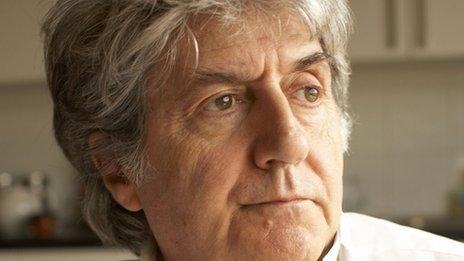People with at least two Northern Isles grandparents needed for genetics study
- Published

Shetland is home to the famous Up Helly Aa fire festival which celebrates its Viking heritage although studies have found the origins of the population are mixed
People with at least two grandparents who were born in Orkney or Shetland are being sought for a genetics study aimed at improving health.
The research aims to better understand the causes of conditions such as diabetes, stroke, heart disease and cancer, and in turn find treatments.
Those taking part in the University of Edinburgh study-led Viking II project will complete an online questionnaire about their health and lifestyle.
They will also provide a saliva sample.
The team believes the "unique genetic identity" of those with Northern Isles ancestry offers a "rare opportunity" to give a detailed picture on how genes are implicated in health.
Lead researcher Prof Jim Wilson said 4,000 people would be invited to take part.
The study is not limited to those who currently live in Orkney or Shetland, as many descendants have dispersed around the world.
There are believed to be significant numbers of people of Northern Isles descent living in areas such as Saskatchewan in Canada, Chicago in America, and Dunedin in New Zealand.
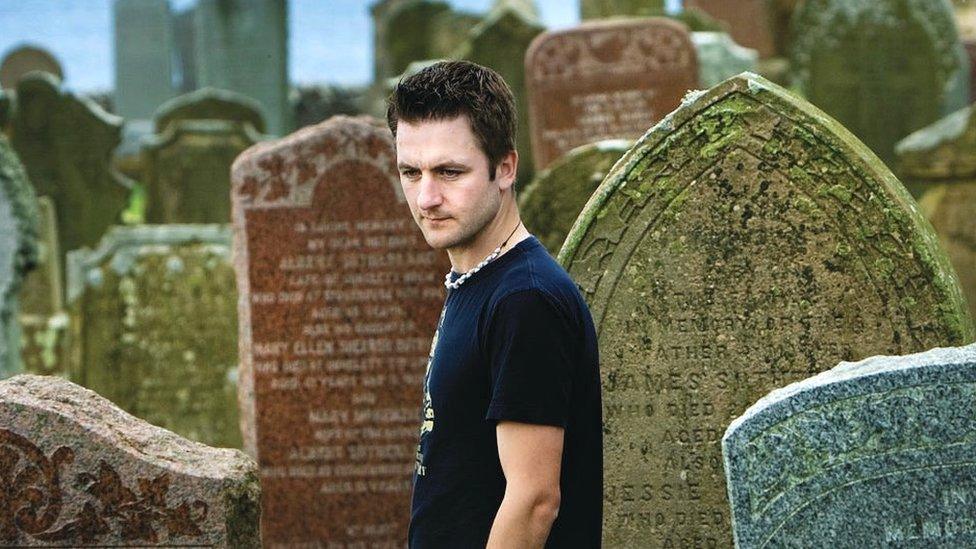
Prof Jim Wilson - pictured at work in an Orkney graveyard - believes the project can lead to a better understanding
Prof Wilson said "Adding 4,000 more volunteers from these special populations will increase the scope and impact of our research into the genetics of health and disease.
"We hope in the long term, this will bring us a better understanding which is the basis of new approaches to treat or prevent disease."
'Better health care'
The saliva test will be returned by post and then analysed by researchers, including for genetic sequencing purposes.
The work also involves the University of Aberdeen and NHS Grampian clinical genetics doctors Prof Zosia Miedzybrodzka and Dr John Dean, who have been holding clinics in Shetland and Orkney for more than 20 years.
Prof Miedzybrodzka said: "Better understanding the genetics of the Northern Isles will lead to better health care in the long run, both directly to the islanders but also worldwide".
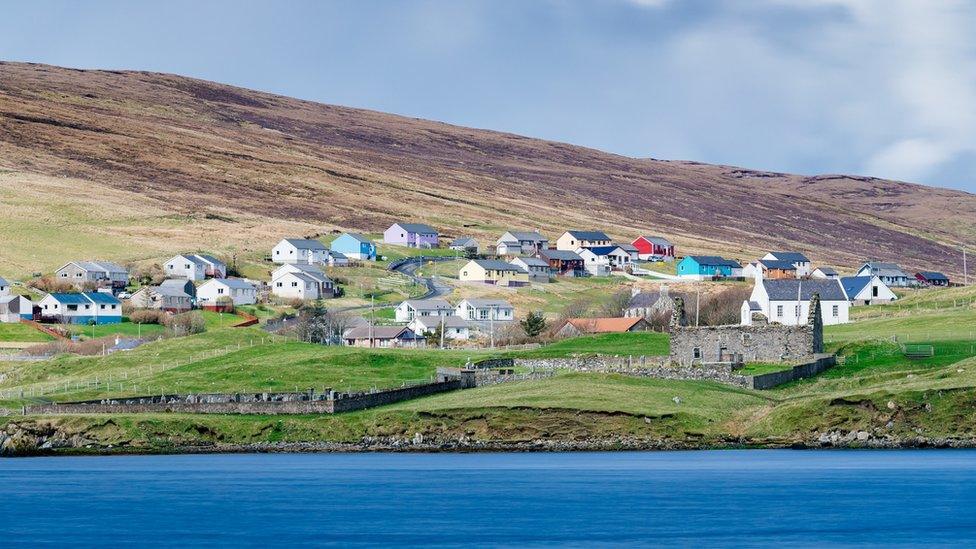
Researchers believe isolated communities can offer unique opportunities for scientific study
For those living in the UK who volunteer to be part of the study, they can choose to have information on limited genetic results returned to them through the NHS.
It is believed this information could be useful in terms of their future healthcare, including taking preventive actions to reduce the impact of health conditions.
The study is being backed by the Medical Research Council.
People wishing to take part can register their interest by visiting the study website at www.ed.ac.uk/viking, external.
- Published3 September 2019

- Published29 January 2019

- Published26 January 2019
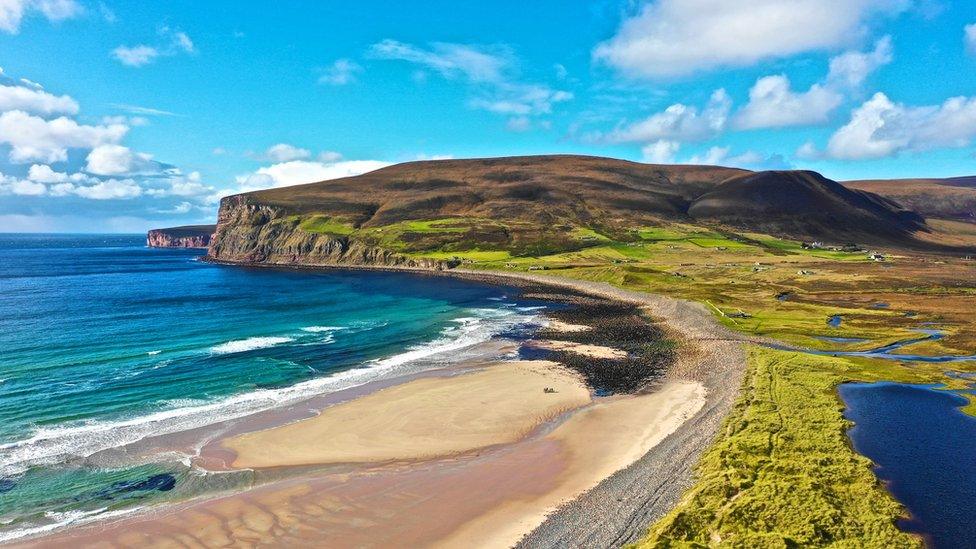
- Published18 March 2015
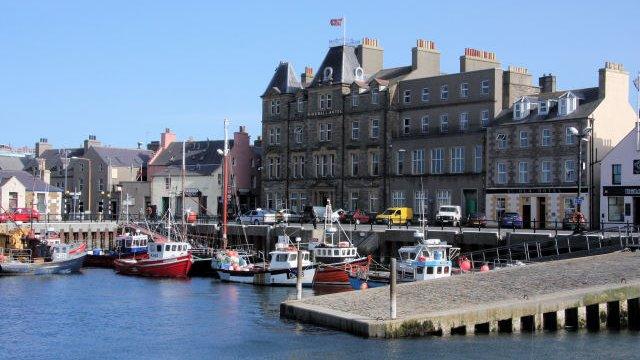
- Published17 April 2012
